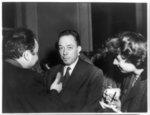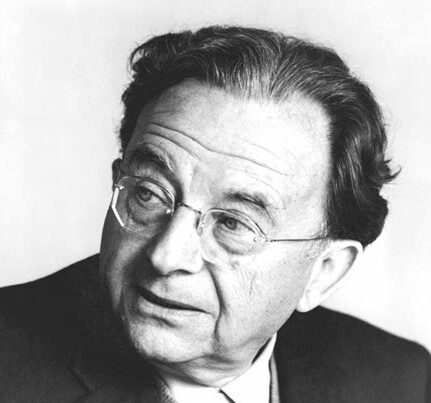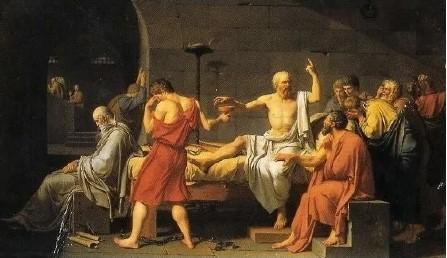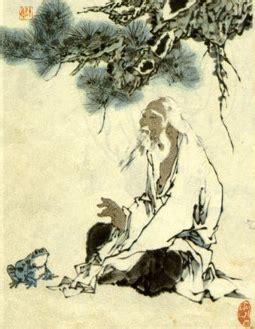Although he explicitly rejected the label of “existentialist” during his lifetime, owing to the difficulty of classifying his work, Albert Camus was often associated with this school of thought, along with other philosophers such as Jean-Paul Sartre and Søren Kierkegaard.
In his works, such as The Stranger, The Plague, The Fall, and The Myth of Sisyphus, Camus grappled with profound questions about the meaning of life, the nature of human existence, and the absurdity of the human condition.
Born in Mondovi, Algeria, in 1913, Camus grew up in a working-class family. His experiences of poverty and the harsh realities of colonial Algeria deeply influenced his worldview. Camus explored themes of isolation, alienation, and the inherent absurdity of life in his writings, reflecting the existential angst that permeated the post-World War II era.

The Stranger, one of Albert Camus’s most influential works, tells the story of Meursault, a detached and indifferent protagonist who commits a senseless murder. The novel delves into the themes of absurdity, alienation, and the clash between societal norms and individual freedom. Meursault’s apathetic response to life and death challenges traditional notions of morality and meaning, inviting readers to question their own beliefs and assumptions.
In The Plague, Albert Camus confronts the human condition through the lens of a deadly epidemic. The novel explores the collective response to a crisis, highlighting the courage, resilience, and moral dilemmas faced by individuals in the face of a seemingly indifferent universe. Through vivid characters and powerful metaphors, Camus examines the triumph of the human spirit in the face of adversity and the complex nature of human morality.
The Fall delves deeper into the human psyche, examining themes of guilt, responsibility, and self-deception. The novel is presented as a monologue by the protagonist, Jean-Baptiste Clamence, who reflects on his own moral failings and the hypocrisy of society. Through Clamence’s introspections, Albert Camus explores the existential struggle to find authenticity and meaning in a world filled with moral ambiguity.
The Myth of Sisyphus, Albert Camus’s only explicitly philosophical treatise, explores the concept of the absurd. Drawing from the Greek myth of Sisyphus, who was condemned to roll a boulder uphill for eternity, Camus argues that life is inherently absurd and devoid of inherent meaning. Rather than succumbing to despair, he suggests embracing the absurdity and finding purpose through acts of rebellion, defiance, and personal authenticity.

Camus’s works continue to resonate with readers today due to their timeless exploration of existential themes. In a world plagued by uncertainty, moral dilemmas, and a sense of alienation, Camus’s philosophy provides a framework for understanding the human condition. His emphasis on personal freedom, individual responsibility, and the need to confront the Absurd serves as a call to embrace the inherent contradictions of life and find meaning through conscious choice and engagement with the world.
Camus’s exploration of existential themes, such as freedom, choice, morality, and the search for authenticity, remains relevant in a world grappling with the complexities of modern existence. He challenges us to confront the inherent contradictions and injustices in society and to make conscious choices that align with our own values and principles. Camus advocates for a moral consciousness that acknowledges the absurdity of existence while still striving for personal integrity and social justice.
Camus’s works also shed light on the interconnectedness of humanity and the importance of empathy and compassion. Through his portrayal of characters navigating the human condition, he emphasizes the need for understanding and solidarity in the face of existential challenges. His exploration of love, both as a source of fulfillment and as a potential trap, further underscores the complexities of human relationships and the pursuit of authentic connection.
Camus’s legacy extends beyond his literary works. As a vocal critic of totalitarianism and advocate for individual freedom, he played an active role in political and social debates of his time. His unwavering commitment to justice and his dedication to the pursuit of truth serve as an inspiration for contemporary thinkers and activists.
Albert Camus’s works have left an indelible impact on literature, philosophy, and existential thought. Through his novels, essays, and plays, he tackled profound questions about the human condition, exploring themes of absurdity, freedom, morality, and the search for meaning. Camus’s insights into existentialism and his emphasis on individual responsibility and moral engagement continue to resonate with contemporary audiences, inviting us to confront the complexities of our existence and strive for personal authenticity in an uncertain world.




